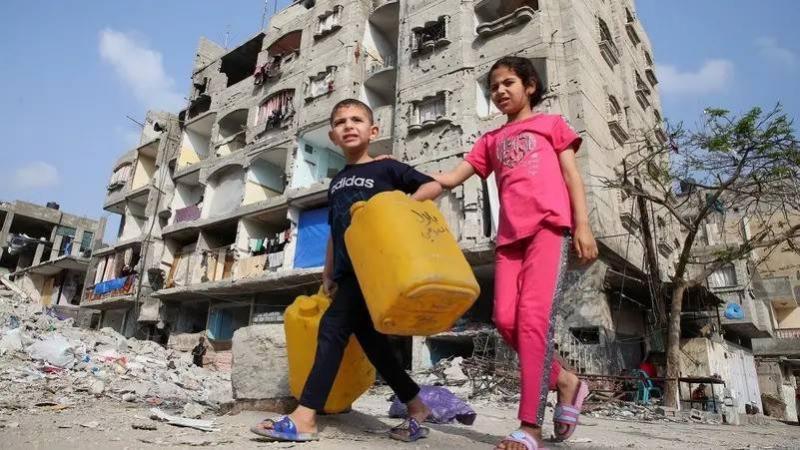There is cautious optimism surrounding last chance talks about the Gaza ceasefire, as analysts perceive it, with indicators possibly suggesting a postponement of the Israeli operation in Rafah. Despite Israeli Prime Minister Benjamin Netanyahu's office declaring that the operation in Rafah is ongoing and not contingent on any conditions, Israeli media reported unexpectedly, and without reasons, that the Israeli army had discharged some reserve soldiers originally assigned for the potential Rafah operation.
Meanwhile, U.S. Defense Secretary Lloyd Austin also held a phone call with his Israeli counterpart Yoav Galant, reiterating the need for a credible plan to evacuate civilians from Rafah before any potential military action. This includes increasing the flow of humanitarian aid to the region and ensuring the safety of civilians and relief workers, along with his country’s commitment to the unconditional return of all detainees in Gaza.
These developments follow U.S. Secretary of State Antony Blinken's visit to Tel Aviv, during which Netanyahu informed him that he would not accept an agreement ending the war in the Gaza Strip. Nonetheless, Blinken left for Washington feeling optimistic about a ceasefire and reiterated his rejection of the Rafah operation.
Russia's Permanent Representative to the United Nations, Vasily Nebenzya, stated that recent reports revealed the discovery of mass graves in the region, simultaneously calling for the perpetrators to be brought to justice. He added that violence begets violence and that this vicious cycle can only be broken by achieving an unconditional ceasefire.




